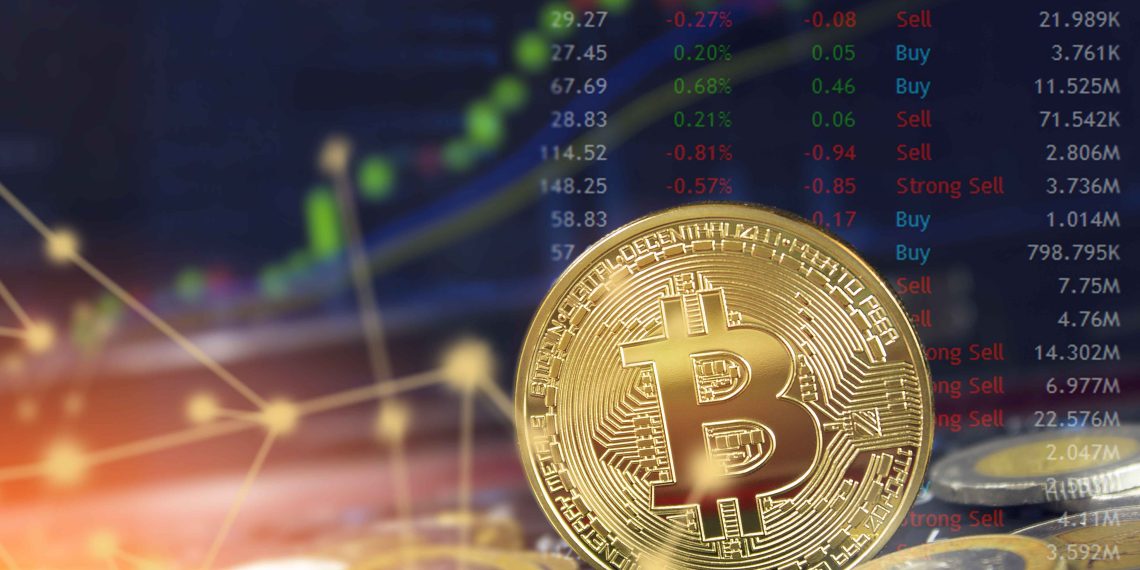As Bitcoin gains global traction, Russia is exploring the potential of digital currency to counter economic sanctions and ensure financial stability. On December 9, Anton Tkachev, a member of Russia’s State Duma from the Novye Lyudi party, proposed creating a national Bitcoin (BTC) reserve. This initiative seeks to use Bitcoin as a tool to mitigate the impact of financial barriers and diversify Russia’s financial strategies.
Bitcoin as a Strategic Hedge Against Sanctions
Tkachev’s proposal emphasizes Bitcoin’s unique advantage in bypassing international financial restrictions. In a formal appeal to Russia’s Finance Minister, Anton Siluanov, Tkachev compared the proposed Bitcoin reserve to traditional foreign currency reserves, highlighting its resilience in navigating economic challenges. With limited access to global payment systems, cryptocurrencies, particularly Bitcoin, have emerged as one of the few viable options for facilitating global trade.
Rising Value of Bitcoin Strengthens Its Case
Bitcoin’s growing valuation reinforces Tkachev’s suggestion. The cryptocurrency’s price recently surpassed $100,000 in December 2024, showcasing its potential as both a store of value and a robust investment asset. Despite fluctuations, Bitcoin has proven its capacity to maintain value, even reaching a peak above $103,000 earlier in the month. This stability and growth underscore its appeal as a strategic financial tool, especially in times of geopolitical uncertainty.
Aligning with Russia’s Broader Digital Asset Strategy
This proposal is part of a broader push by the Russian government to integrate digital assets into the nation’s financial system. The Central Bank of Russia has shown interest in developing digital asset solutions to overcome the limitations of international payment systems. Tkachev’s Bitcoin reserve proposal aligns with these efforts and aims to reduce the country’s reliance on traditional currencies while safeguarding against external financial pressures.
Global Implications and Future Considerations
If implemented, Russia’s Bitcoin reserve could place the country at the forefront of digital asset adoption for national finance. Such a move would likely encourage other nations facing sanctions, particularly in the developing world, to explore similar alternatives. As the role of digital currencies in global finance continues to evolve, governments worldwide are increasingly recognizing crypto as a potential solution to bypass traditional financial infrastructure.
However, significant regulatory and logistical hurdles remain for Russia’s Bitcoin reserve proposal. While the Finance Ministry and central bank have not yet issued an official response, the conversation around Bitcoin’s role in geopolitics and international trade is gaining momentum.





















